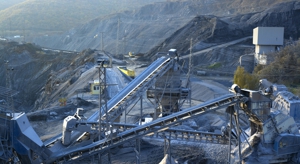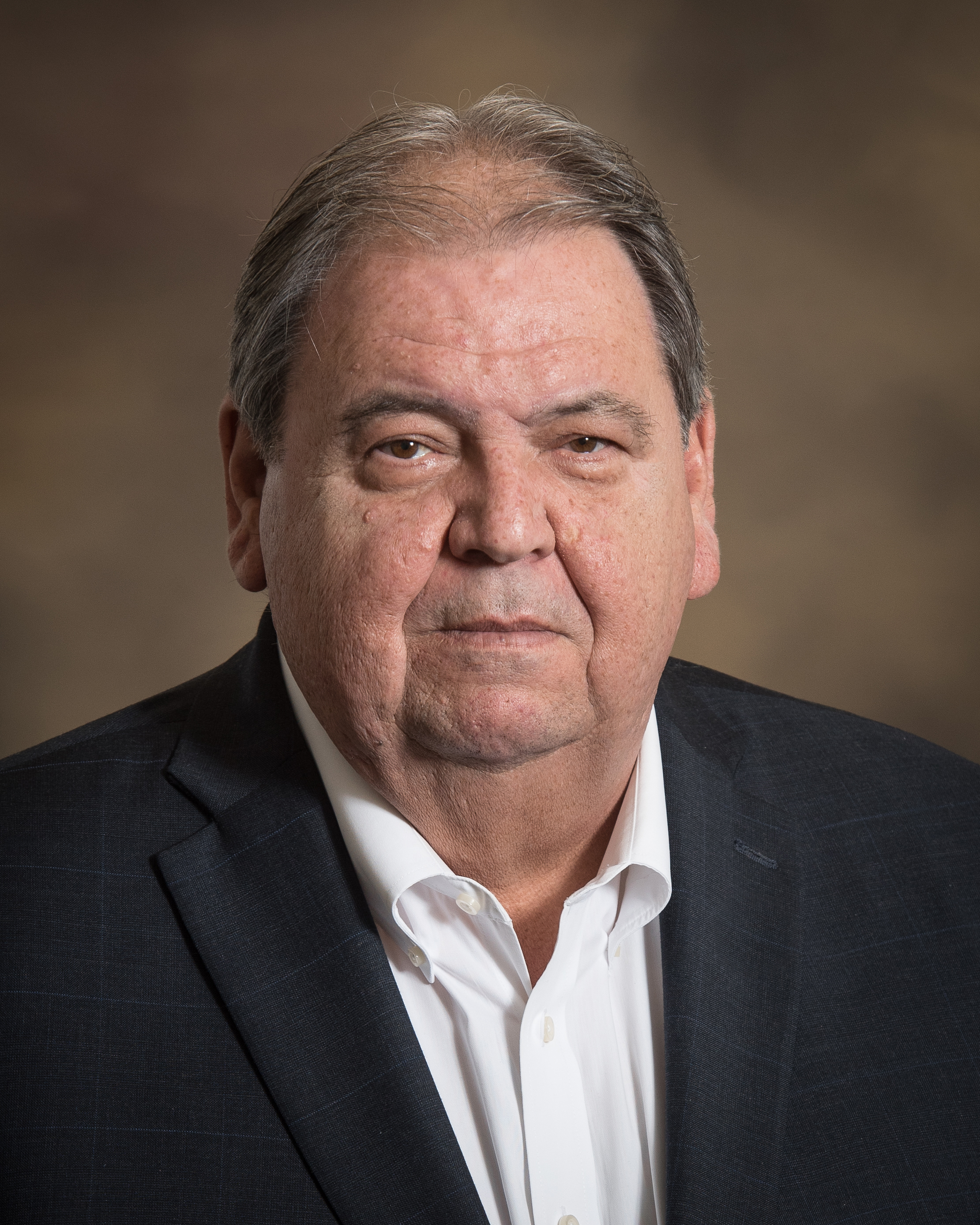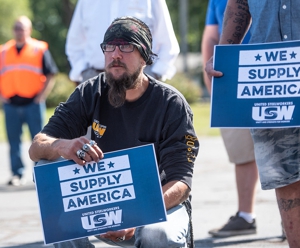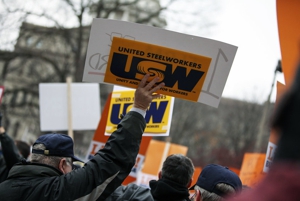Fighting Killer Dust

Silica dust at the Genesis Alkali mine in Green River, Wyo., is so thick some days that Marshal Cummings can barely see a foot in front of him.
It blankets his clothes, clogs his respirator, coats his hair, blackens his mucus and lodges deep inside him like a ticking bomb.
Exposure to silica can lead to silicosis, a scarring and stiffening of the lungs that leaves miners gasping for air, and it’s also a cause of lung cancer, kidney disease and other major ailments.
Silica robs thousands of their health every year. But now, after years of fighting, Cummings and tens of thousands of surface and underground miners across the country are on the brink of achieving true protections and holding all mining employers accountable for the first time.
President Joe Biden’s Mine Safety and Health Administration (MSHA) recently proposed a rule that would force employers to significantly reduce miners’ exposure to silica dust. It would also mandate air monitoring to ensure compliance with the new standard and require corrective actions when silica levels exceed the rule.
Cummings and his co-workers encounter silica dust while mining trona—a mineral used to make soap, glass and other essential products—and it’s also in the coal they use to power the mine complex.
“Even if you wear a mask, you are coughing up black stuff, and every time you blow your nose, it’s pitch black,” said Cummings, chief steward and safety committee member for United Steelworkers (USW) Local 13214, who credits both his union and MSHA for moving the protections forward.
Silica dust, found in numerous types of rock, threatens all miners. So MSHA’s rule would cover not only Cummings, his colleagues and others in the trona industry, but workers at rock quarries and miners who produce coal, iron ore, copper, nickel, zinc and other critical materials.
MSHA wants employers to combat silica dust through a comprehensive hierarchy of controls. That includes engineering controls like ventilation and collection systems as well as administrative protections like ensuring miners have time to remove dust from their clothes, and providing workers with personal protective equipment (PPE).
More ...










